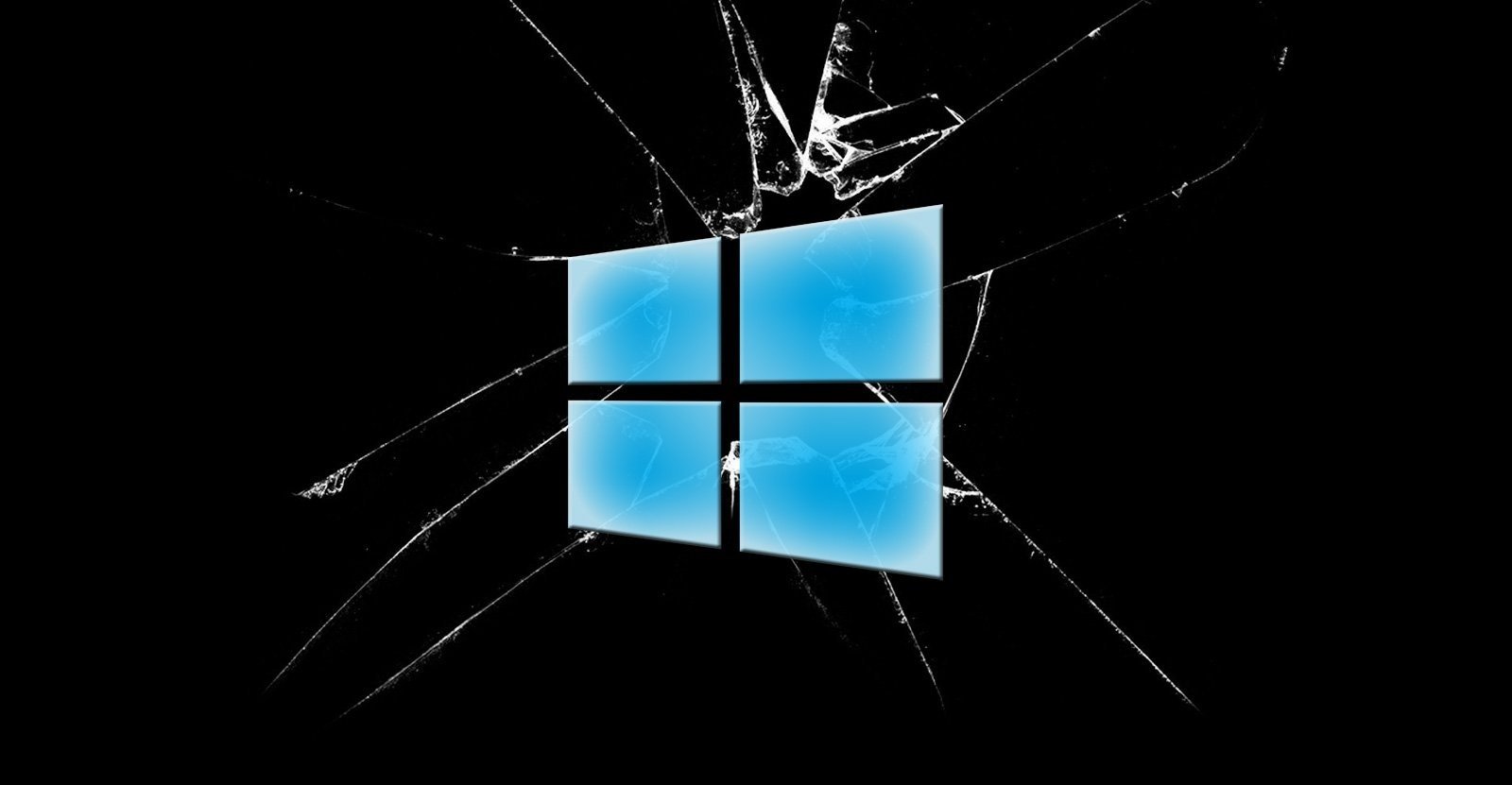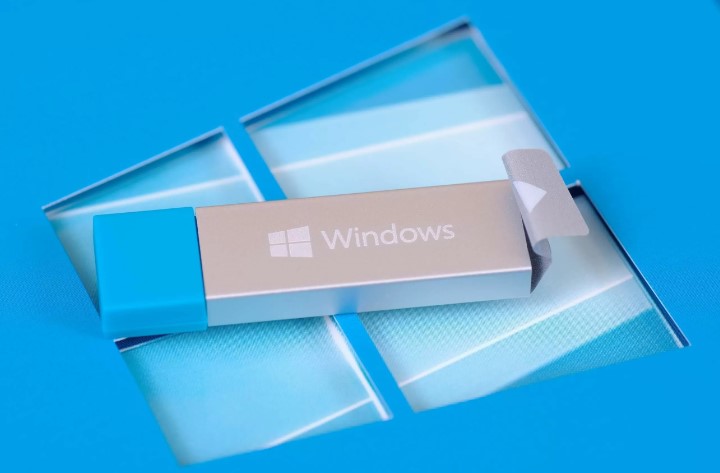Windows Installer breaks apps after updates, repairs


Microsoft has confirmed a new known issue impacting client and server Windows versions that breaks apps after updating or repairing them using the Windows Installer (previously known as Microsoft Installer).
This issue affects systems where Windows users have installed cumulative updates released during this month’s Patch Tuesday.
After installing one of these updates, “Microsoft Installer (MSI) might have issues repairing or updating apps,” the company says on the Windows Health dashboard.
“Apps that are known to be affected include some apps from Kaspersky. Affected apps might fail to open after an update or repair has been attempted.”
The complete list of Windows versions affected by this known issue includes:
- Client: Windows 11, version 21H2; Windows 10, version 21H2; Windows 10, version 21H1; Windows 10, version 20H2; Windows 10, version 2004; Windows 10, version 1909; Windows 10, version 1809; Windows 10 Enterprise LTSC 2019; Windows 10 Enterprise LTSC 2016; Windows 10, version 1607; Windows 10 Enterprise 2015 LTSB; Windows 8.1; Windows 7 SP1
- Server: Windows Server 2022; Windows Server, version 20H2; Windows Server, version 2004; Windows Server, version 1909; Windows Server, version 1809; Windows Server 2019; Windows Server 2016; Windows Server 2012 R2; Windows Server 2012; Windows Server 2008 R2 SP1; Windows Server 2008 SP2
Microsoft also provides a workaround for customers experiencing difficulties when launching apps after deploying one of the problematic updates.
“To mitigate this issue, you will need to uninstall the affected app, then install the latest version of the app,” Microsoft says.
The company’s engineers are currently working on a fix to address this issue which will be released with a future update.
Windows 11 known issues and safeguards
Microsoft is also working on a resolution for another issue impacting Windows 11 customers that leads to blue screens of death (BSODs) on affected systems.
The new issue is caused by compatibility issues between integrated Intel Smart Sound Technology (SST) audio DSP drivers and Windows 11, version 21H2.
Redmond has also added an update block to prevent devices with impacted Intel SST drivers from being offered the Windows 11 upgrade.
Right now, there’re only two Windows 11 compatibility holds, with the other one blocking the upgrade from being offered to eligible systems running Oracle VirtualBox when Hyper-V or Windows Hypervisor are also installed.








